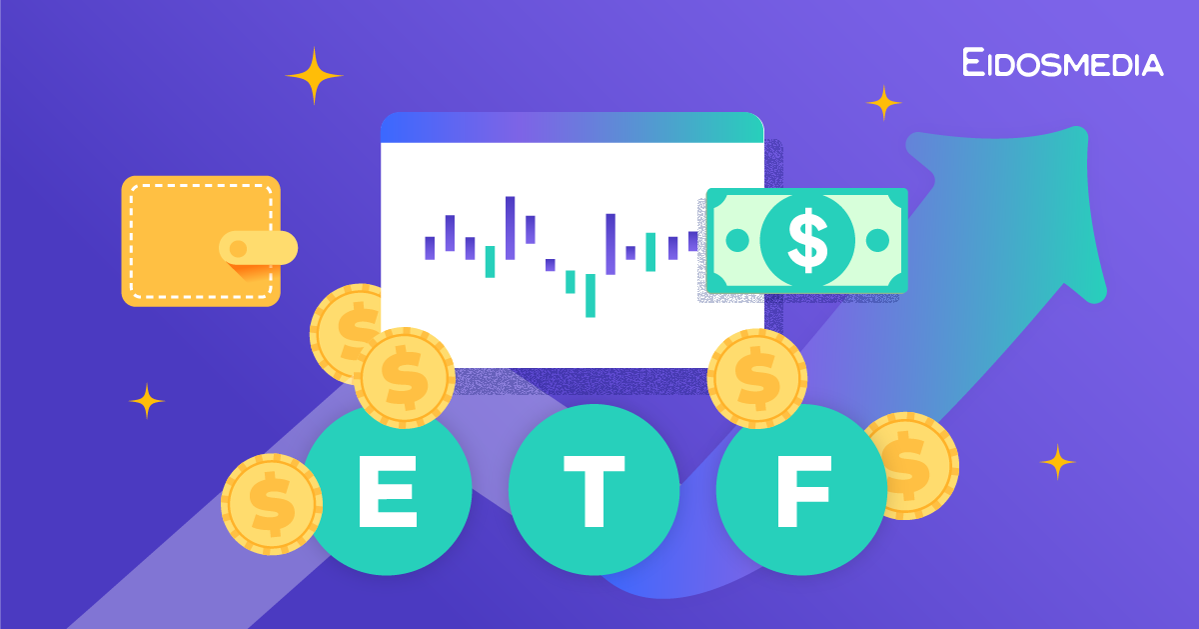AI-powered investing: future or fantasy?
The application of AI to drive successful investing is on the rise both among professional as well as retail investors. But how effective is it?
A foolproof way to maximize the performance of a portfolio has long been the dream of investors great and small. With the advent of AI-powered investing tools, that may be closer to reality than ever before. From robo-advisors to sophisticated stock-picking algorithms, these tools promise to make investing more accessible and potentially more profitable for retail investors.
But are these AI-powered tools too good to be true? We explore the different types of tools, as well as their pros and cons.
AI tools available to individual investors
AI investment support comes in many different forms. When deciding what level of assistance to employ, it’s all about comfort level. People who prefer to do their own research may find tools like ChatGPT useful in summarizing long prospectus documents or scouring the web for a specific type of fund that meets their needs.
Individuals who have more faith in AI-powered investing may decide to let the algorithms do the investing with AI-powered exchange-trading funds (ETFs). Then there are companies like Danelfin and Boosted.ai who are marketing their technology to retail investors and institutions alike, boasting that their tools can sift through copious amounts of data and pick the right stocks. Money reports, “Some of these companies claim their AI-powered platforms are capable of outperforming the S&P 500, which is an impressive feat given novice and professional traders’ inability to do so.” Experts, however, say results are mixed.
Somewhere in between the two options above are robo-advisors, which can be a cost-effective way to invest and save money. They allow for a more personalized touch but also give individual investors the option of being more hands-off. These tools have been around for a while, and AI-powered ETFs are the shiny new option currently capturing investors' imaginations.
Chilling the investment decision
Perhaps one of the most important benefits of AI-powered investing tools is that they take emotion out of the equation. As Investopedia puts it, “Cognitive biases and emotional biases impact a trader's decision-making process and leads to suboptimal outcomes. These include confirmation bias, illusion of control bias, loss aversion bias and overconfidence bias.” Theoretically, at least, AI eliminates these very human problems.
Understanding AI-powered ETFs
Let’s start with the basics. What is an AI-powered ETF? The concept is simple: it is an exchange-traded fund using AI to select and trade stocks. The AI actively manages a fund’s portfolio, though it does not typically work entirely on its own. Some level of human oversight is often necessary.
Bankrate explains exactly how AI-powered funds work: “The AI may gather info on stocks from social media, news, financial statements, analyst reports, online message boards and any other source that shows the market’s pulse. Depending on its objective, the AI may carefully examine financial data and predict which businesses are likely to continue performing well, and may distill its research into a list of stocks for fund managers.” Others may actually select stocks and recommend how much to buy.
Within the larger category of AI-powered ETFs, there is some specialization. NerdWallet points out that some “give their AI freedom to pick a variety of different kinds of stocks. Others, such as the WisdomTree U.S. AI Enhanced Value Fund (AIVL), specialize in a specific kind of stock — undervalued stocks, in the case of AIVL.” The real question on most investors’ minds, however, is whether these tools actually work.
Effectiveness and usage of AI in investing
The idea of having an all-knowing algorithm pick the perfect stocks may sound too good to be true, and it just may be. As NerdWallet says, “...the track record of AI-powered ETFs might give some investors pause. Less than half of the funds listed above are outperforming the S&P 500 index this year.”
Of course, even investors with decades of experience rarely beat the S&P 500. AI-powered ETFs are not fortune tellers, though some say they are better at predicting the future. Andrew J. Evans, CEO and founder of Rossby Financial, a platform that provides support on technology, regulation, and resources to help financial advisors, told Money that the real test of AI’s mettle will be the next bear market.
Still, AI-powered ETFs may streamline the process of finding attractive investments. The real hope, as Bankrate puts it, is that these models can potentially identify traits correlated with outperformance and ultimately increase the productivity of the fund’s managers. Even just providing a list of funds frees up managers to narrow their focus to more “in-depth research and determine which stocks are worth further investment of time and money.”
AI-powered funds vs. index tracker and managed funds
While many questions abound about the effectiveness of AI in other industries, the investment world is easily quantifiable — and Money has the data needed to draw some conclusions.
Shares of index funds have averaged a 10.54% annual return for the past 30 years. The stats for 2024 are looking even better, as they are up 15% in the first half of the year. In 2023, a study found that hedge funds returned an average of 6.67%, as the S&P 500 returned 24%. Meanwhile, NerdWallet’s list of the best-performing AI ETFs shows yearly performance rates of between 20.61% and 46.42%. Meanwhile, Money reported that Danelsin claims, “...from Jan. 3, 2017, to Aug. 15, 2023 ... the company’s AI-powered stock strategy generated a return of 191% versus the S&P 500’s 118% over the same period.”
The future evolution of AI models in investing
Many of the current “cons” of AI-powered ETFs center on the limited track record and relatively few assets under management. However, as tools become more widely available to the public, offering low-cost solutions and potentially high returns, these concerns may fade into the background.
Nevertheless, Money concludes: "AI-assisted investing tools have thus far shown mixed results and appear best suited for experienced and professional traders ... although this technology can sometimes be used by novices, it’s unlikely to provide the desired long-term results by itself."
“It’s not going to turn the general public into Warren Buffett.”

